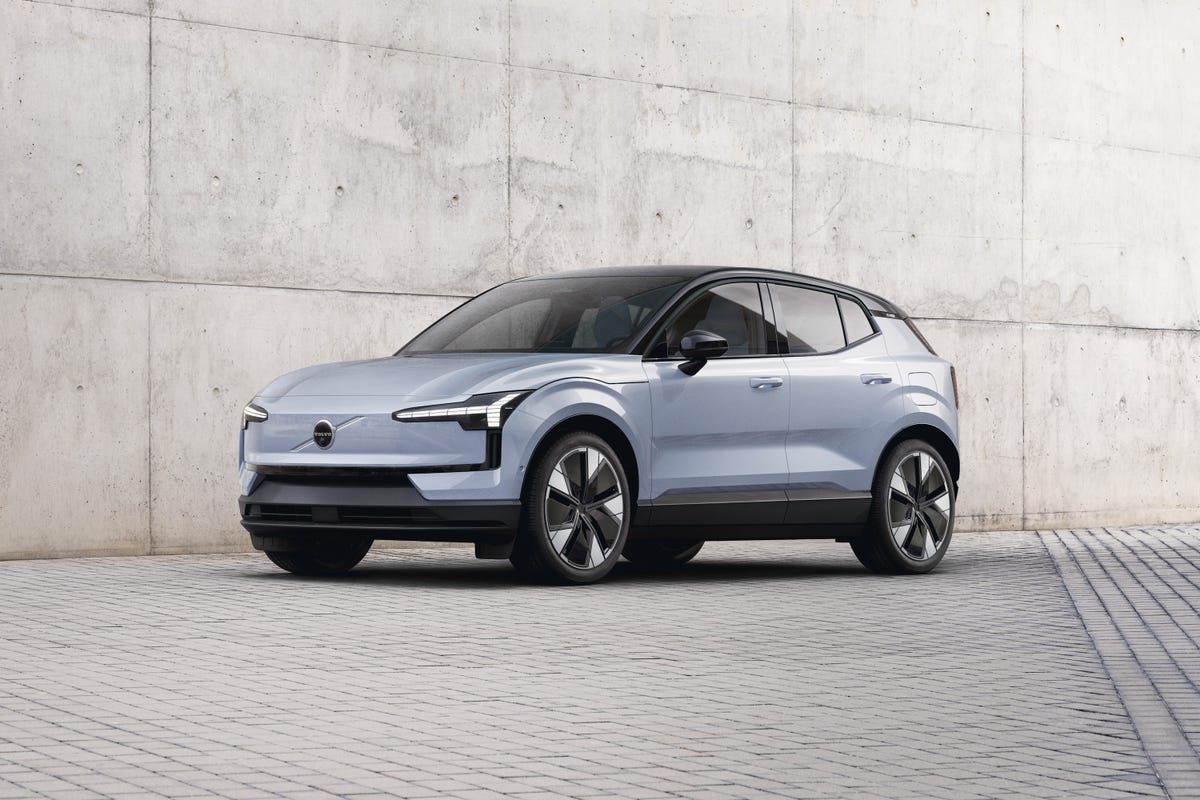Batter Links: Your Gateway to Trending News
Stay updated with the latest trends and insights from around the world.
Charging Ahead: How Electric Cars Are Revving Up the Future
Discover how electric cars are transforming the auto industry and driving us into a greener future. Join the revolution today!
The Rise of Electric Vehicles: Key Innovations Driving Change
The rise of electric vehicles (EVs) has transformed the automotive industry, showcasing a series of key innovations that are driving change. With advancements in battery technology, manufacturers are now able to produce vehicles that offer longer ranges and faster charging times. For instance, the development of solid-state batteries promises to provide greater energy density and reduces the risk of fires compared to traditional lithium-ion batteries. Additionally, improvements in regenerative braking systems have not only enhanced the efficiency of EVs but also contributed to an evolving driving experience that prioritizes sustainability.
Another significant aspect of the electric vehicle revolution is the integration of smart technologies. Features such as autonomous driving capabilities and connected vehicle systems are making EVs safer and more efficient. With software updates that can improve vehicle performance and user experience remotely, manufacturers are continually adapting to meet consumer expectations. Moreover, the rise of charging infrastructure, including fast-charging networks, further facilitates the adoption of EVs, addressing one of the primary concerns of potential buyers. It is clear that innovation is not just a trend but a fundamental shift in the automotive landscape.

10 Reasons Why Electric Cars Are the Future of Transportation
The rise of electric vehicles (EVs) is more than just a trend; it signifies a profound shift in the future of transportation. Here are 10 reasons why electric cars are paving the way for innovative travel:
- Environmental Impact: Electric cars produce zero tailpipe emissions, significantly reducing greenhouse gases and air pollution. As cities become more populated, this becomes vital for public health.
- Cost Efficiency: Over time, electric cars are more economical than traditional vehicles due to lower refueling costs and reduced maintenance.
- Advancements in Technology: With technology continually evolving, electric vehicles are becoming more efficient and versatile, leading to better performance and greater range.
The appeal of electric cars extends beyond just their environmental benefits. Here are more reasons that illustrate why they are the future:
- Government Incentives: Many governments are offering tax rebates and incentives for consumers who purchase electric vehicles, making them more accessible.
- Convenience of Charging: With growing charging infrastructure, drivers can charge their vehicles at home or use public charging stations, enhancing accessibility.
- Innovation in Design: Electric cars are redefining vehicle design, offering sleek aesthetics combined with advanced technology and smart features.
How Charging Infrastructure is Transforming Urban Mobility
The rapid expansion of charging infrastructure is revolutionizing urban mobility, allowing electric vehicles (EVs) to become a viable alternative to traditional gasoline-powered cars. With cities worldwide prioritizing sustainability, the installation of charging stations in strategic locations—such as parking lots, shopping centers, and along major roadways—encourages greater adoption of EVs. This transformation not only reduces greenhouse gas emissions but also enhances the overall efficiency of urban transport systems by making clean energy readily accessible to commuters.
Moreover, the evolution of charging infrastructure goes beyond mere convenience; it is an essential component of smart city planning. As cities become more interconnected, innovations such as fast charging stations and wireless charging technology are being integrated into urban landscapes. This includes the development of solar-powered charging hubs that can sustain themselves, reducing dependency on external power sources. Consequently, as cities adapt to these advancements, they not only improve air quality but also create a more seamless and efficient urban mobility experience for residents.